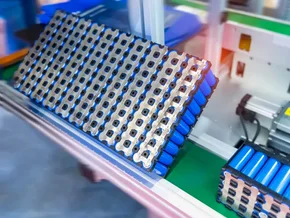US CEOs prepare for new drilling projects following crude oil price increase

After years of extreme cost cutting measures, including laying off more than 250,000 members of staff, leading US oil CEOs believe that the time for struggle is over with an increase in the price of crude oil.
Drilling and fracking across the U.S had all but ground to a halt as oil prices plummeted to a meagre $25 per barrel, but since February there has been a 50 percent increase taking the price of a barrel up to $44.
This steady increase has brought with it a flurry of positivity, something that Dave Lesar, chief executive of oilfield services provider Halliburton Co, believes will increase the U.S drilling rig count – which currently sits at its lowest figure since 2009.
“Certainly with oil prices a little higher people are more optimistic. We do think that potentially we will see an upswing in the rig count in the back half of the year.” He said.
Follow @MiningGlobal
Read the April 2016 issue of Mining Global magazine






